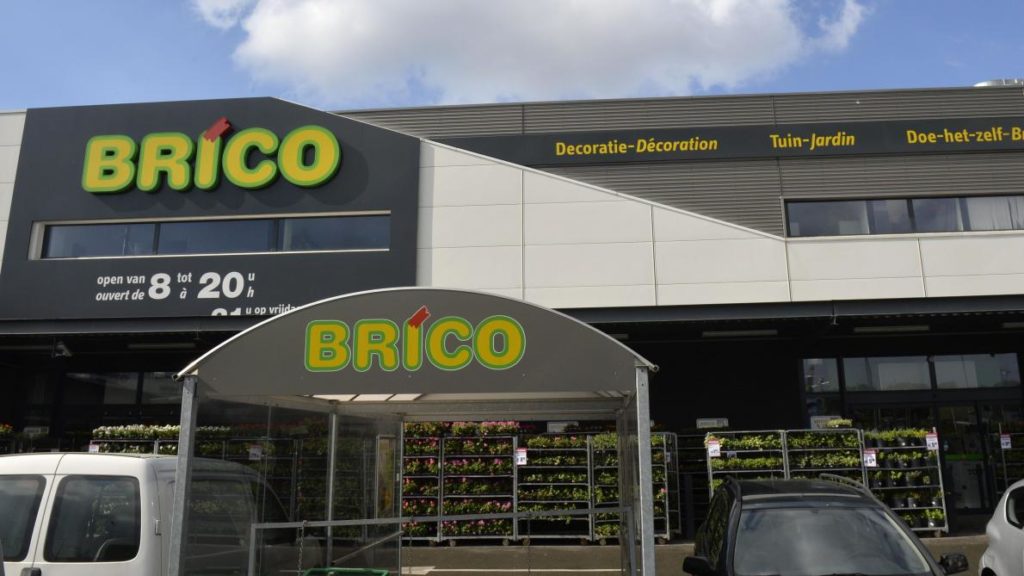Today (Saturday) sees the first change to the rules on lockdown in Belgium since 18 March, when all retail stores were closed other than those selling foodstuffs, newspapers and pharmaceuticals.
As announced during the week, the government is allowing a new sector of the retail trade to open its doors after a month, including garden centres and do-it-yourself stores. The reasoning being that people still observing the stay-at-home rule will benefit from having something to do in the home or garden.
However the initial announcement left some uncertainty. What businesses exactly are affected? Who can open and who cannot?
Some of that uncertainty has now been resolved by the publication in the Moniteur Belge, the official journal of the Belgian state, which today publishes the text of the ministerial ruling governing the re-opening of some commercial outlets.
The changes concern do-it-yourself stores which offer “a general range of construction tools and/or building materials.”
As well as those, the ruling allows the opening of "garden centres and nurseries" which "mainly sell plants and/or trees." Wholesalers may also reopen, but only for professionals and not for private individuals.
In practice, social distancing rules, which remain in force, mean that only large stores may open where there is sufficient parking space. That means large chains like Hubo, Brico (including Brico Plan-it) and Gamma. Smaller shops selling only paint, for example, are excluded.
On the gardening side, the ruling allows garden centres and tree nurseries to open, but not independent flower shops.
In all cases, as well as parking, the shops must have space to allow ten square metres per customer, just as the rule is currently for food shops. The maximum number of customers is permitted to enter at any one time, for a maximum of 30 minutes.
The ministerial ruling contains a number of other adjustments to the rules.
For example, hotels have been allowed to remain open, with the exception of their restaurants. The ruling makes it clear that meeting rooms and other facilities like gyms and swimming pools must also remain closed – a largely theoretical adjustment, given the fact that occupancy of hotels even in the capital is around 5%.
And on the rule forbidding non-essential journeys, a new exception is allowed: activities “within the context of volunteer work in a critical sector or essential service."
Alan Hope
The Brussels Times

